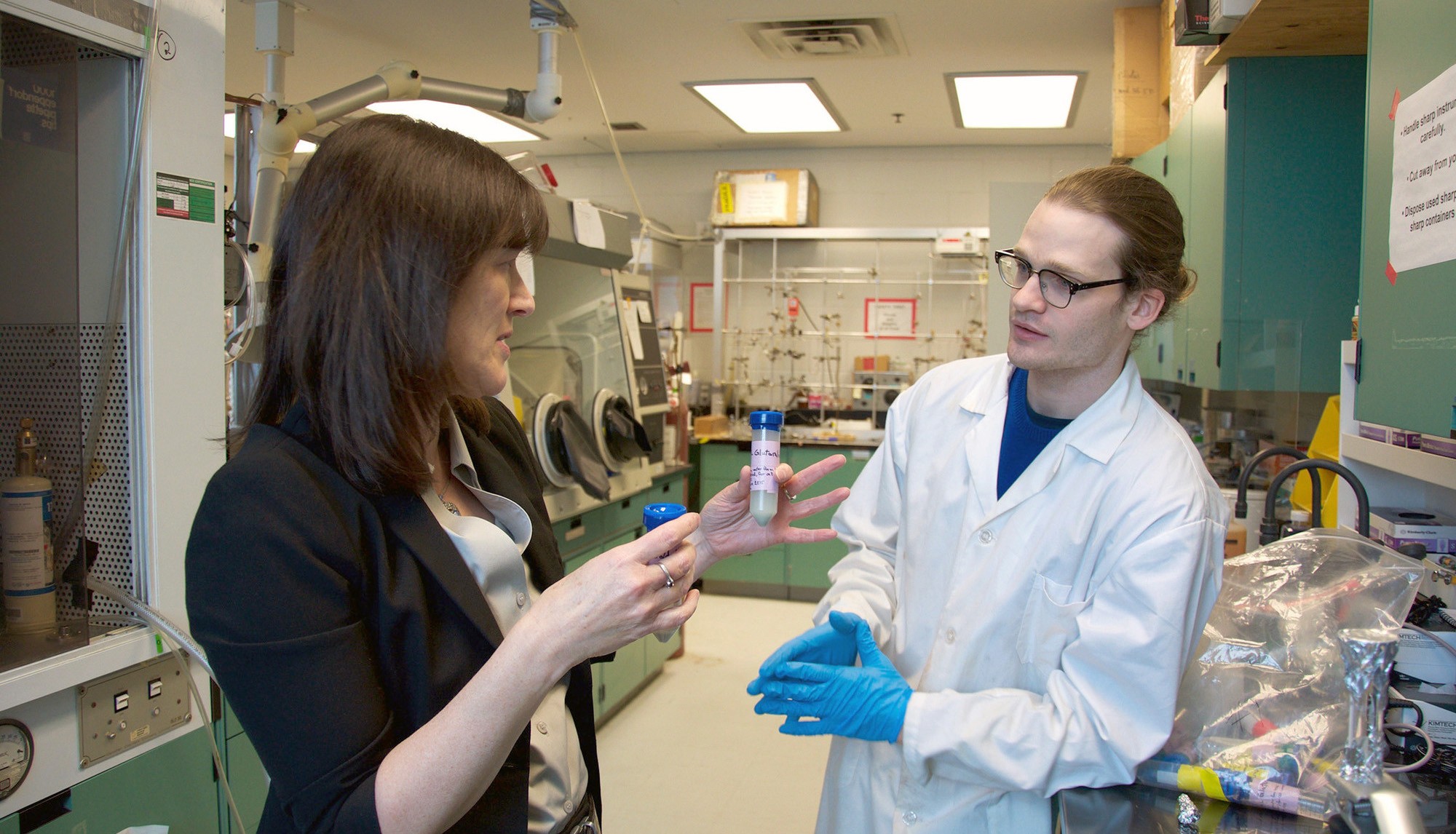Supervision Guidelines for Students – Section 6: When Problems Arise
On This Page

Despite the best intentions and preparations, the path toward successful completion of graduate studies can sometimes be difficult. Some of the more common challenges are those involving academic, financial, supervisory relationship or personal issues.
Here are some tips to help you to manage and resolve problems that may arise during your graduate studies:
- Seek out advice early. Solutions are often simpler and easier to implement before a problem escalates. It is better to come forward with a small issue than simply avoiding having a difficult conversation and see it become more complex. As a student you may not be aware of all the possible approaches to resolving an issue, or supports available, so seek advice about your options even if you are not looking for immediate action.
- Be open. Different problems require different solutions and different people have different perspectives. Differences push us to think creatively and leave room for compromise and flexibility. Problems are rarely completely one-sided: solutions often need compromise and flexibility.
- Remember you are not alone. Communicate, seek support, and consider that someone else may have been faced with a similar issue at some point.
- Be yourself. Challenging situations can be emotionally charged, and it is important to acknowledge feelings and emotions (your own and the other person’s) while tackling a problem respectfully and with an open mind. Try to remain calm, objective, and rational, even if you think the other party is not.
Who Can You Talk To?
The University has both informal and formal processes and pathways for resolving problems. SGS encourages and supports the efforts of students to try and address their concerns as early as possible. Some of the people and offices you can connect with include (see Appendix 1 for a more complete list):
- Your department. You can talk to your supervisor directly, other students, supervisory committee members, the graduate coordinator, chair or director of the graduate unit. It is important to start by addressing an issue at as low a level as possible.
- University of Toronto Graduate Students’ Union. The UTGSU provides its members with confidential advocacy services. If you are experiencing academic and/or administrative difficulties, including problems with your supervisor, department, or the university, the GSU can assist you with advice, information and representation. Any information you give will remain strictly confidential.
- School of Graduate Studies. You can connect with staff at SGS, including Student Services and the Vice-Dean of Students, to get information about policies, guidelines (such as this Best Practices Guideline), advice on informal intervention and formal appeal processes. The SGS website also provides links to many other services for students, including: Graduate funding, Health & Wellness (workshops and appointments); Accessibility Services (including known/possible disability; temporary disability/injury; chronic medical conditions that affect learning); Information for international students; etc.
Key Points
- Seek advice and resolution as early as possible.
- Be open to different solutions and perspectives.
- Try to maintain calm and objective.
- Inform yourself about the spectrum of resources. available to support you in completing your program (see Appendix 1).
- Become familiar with program-specific and University-wide policies and regulations.
- Contact the Centre for Graduate Mentorship and Supervision, if needed.
Sections
Section 1: Introduction
Section 2: General Characteristics of Graduate Supervision
Section 3: Choosing a Supervisor
Section 4: Responsibilities of the Student, Supervisor, and Supervisory Committee
Section 5: If You Need Academic Accommodations
Section 7: Finishing Up
Section 8: Scenarios
Section 9: Appendix 1 – Resources
Section 10: Appendix 2 – Checklist for Students
